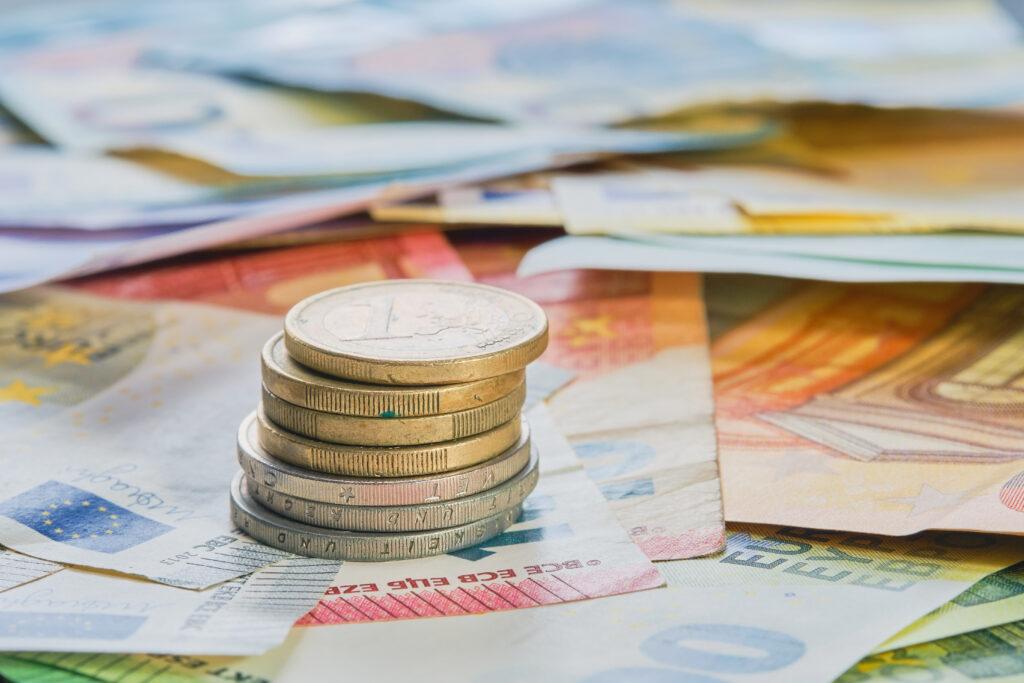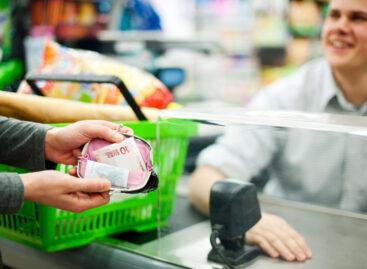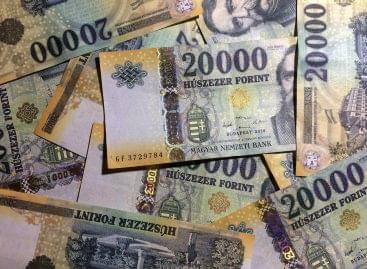Is it worth paying in euros when shopping? The exchange rate is higher, beware!
Every summer, the question arises as to how much it is worth paying in euros in Hungarian shops, especially in places popular with tourists. The euro payment option often offers customers an unfavorable exchange rate, which many people experience as a disadvantage. However, the situation is more complicated than this, since the shops are not banks or money changers, and their purpose is not to make money, but to provide this opportunity as a convenience service.

Price of convenience service
When paying in euros, shops handle cash instantly, which means risk and administrative costs for them. Examples include the costs of personnel and security measures required to handle currencies. These expenses are included in the exchange rate, resulting in higher costs for customers. In addition, stores also build a safety margin into the exchange rate to cover possible market fluctuations.
Regulation and Licensing
CCXXXVII of 2013 on credit institutions and financial enterprises in Hungary. according to the law, the exchange of currencies related to the payment service is not considered a currency exchange activity. Therefore, if someone pays in euros in the store and receives HUF back, it is a completely legal procedure.
Exchange rate and liquidity
Exchange rates offered by shops are often worse than the market rate, as they do not have the liquidity and foreign exchange trading facilities of larger financial institutions. Due to the high volume of trading in the foreign exchange market, the exchange rate gaps are narrower, which results in more favorable exchange rates. However, shops have significantly less foreign exchange turnover, so they work with wider exchange rates to compensate for the costs and risks resulting from the lower volume. Pénzcentrum found out which chain of stores handles payments in euros.
How are domestic stores changing?
Auchan: At Auchan, the euro is currently exchanged for HUF 375, only certain denominations are accepted and the return ticket is returned in HUF. This payment method is only available in some stores, for example in Sopron, Debrecen and Miskolc.
SPAR: The exchange rate in SPAR stores varies based on the current business decision, currently HUF 360. All denominations up to 100 euros are accepted and returned in forints. Payment in euros for purchases approx. accounts for 0.2%.
Tesco: Tesco updates the exchange rate weekly, currently they exchange the euro for HUF 375. Payment in euros is especially popular in border and seasonal stores.
PENNY: In PENNY stores, payment in euros is minimal, for which there are no additional conditions, and the return ticket is always returned in HUF. The exchange rate changes weekly, currently HUF 390.
Lidl and ALDI: In Lidl and ALDI stores, you can only pay in forints, and they do not carry out currency exchange activities.
Paying in euros in Hungarian stores is a convenience service for which customers must pay a higher exchange rate. This service makes it easier for tourists to shop, but the purpose of the shops is not to make money, but rather to provide convenience to their customers. The possibility of paying in euros is a regular and accepted practice in Hungary, and the shops try to provide the best conditions for the customers despite the limited possibilities of foreign exchange transactions.
Related news
MBH Bank: The forint can certainly remain strong until the end of the year
🎧 Hallgasd a cikket: Lejátszás Szünet Folytatás Leállítás Nyelv: Auto…
Read more >Related news
Amazon expanding same-day prescription delivery to 4,500 cities & towns
🎧 Hallgasd a cikket: Lejátszás Szünet Folytatás Leállítás Nyelv: Auto…
Read more >








